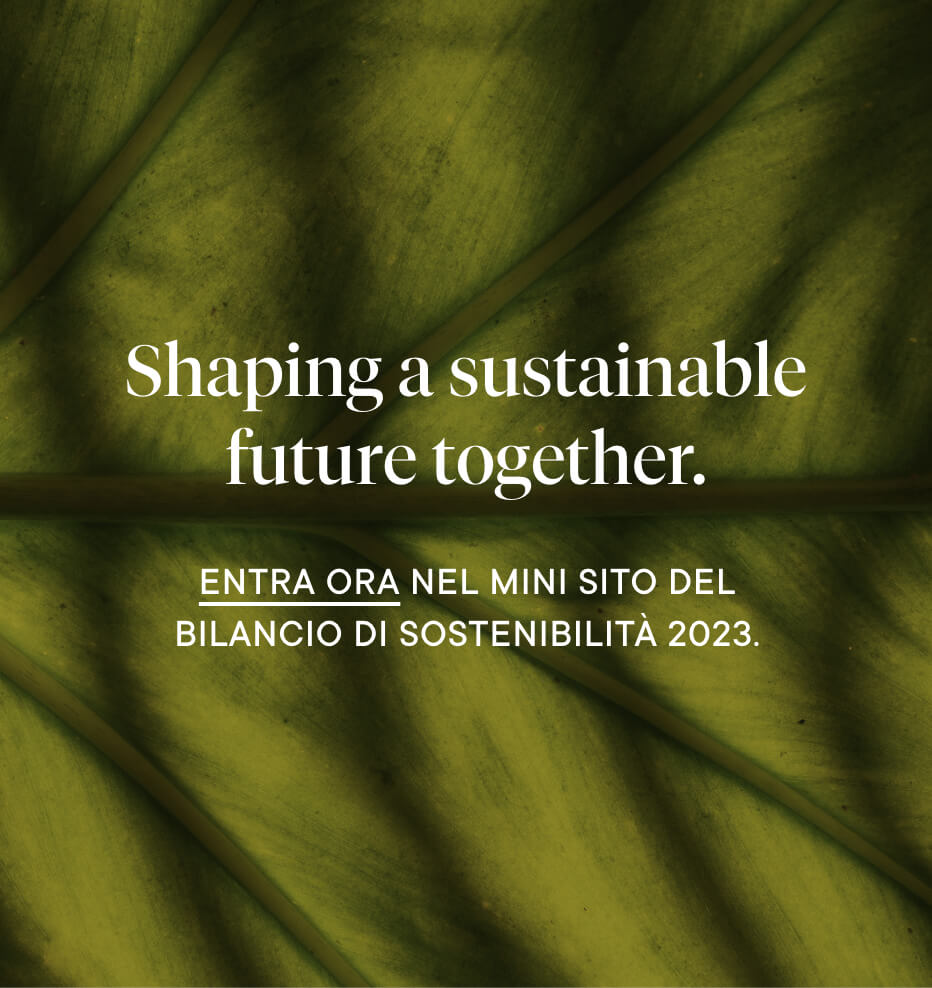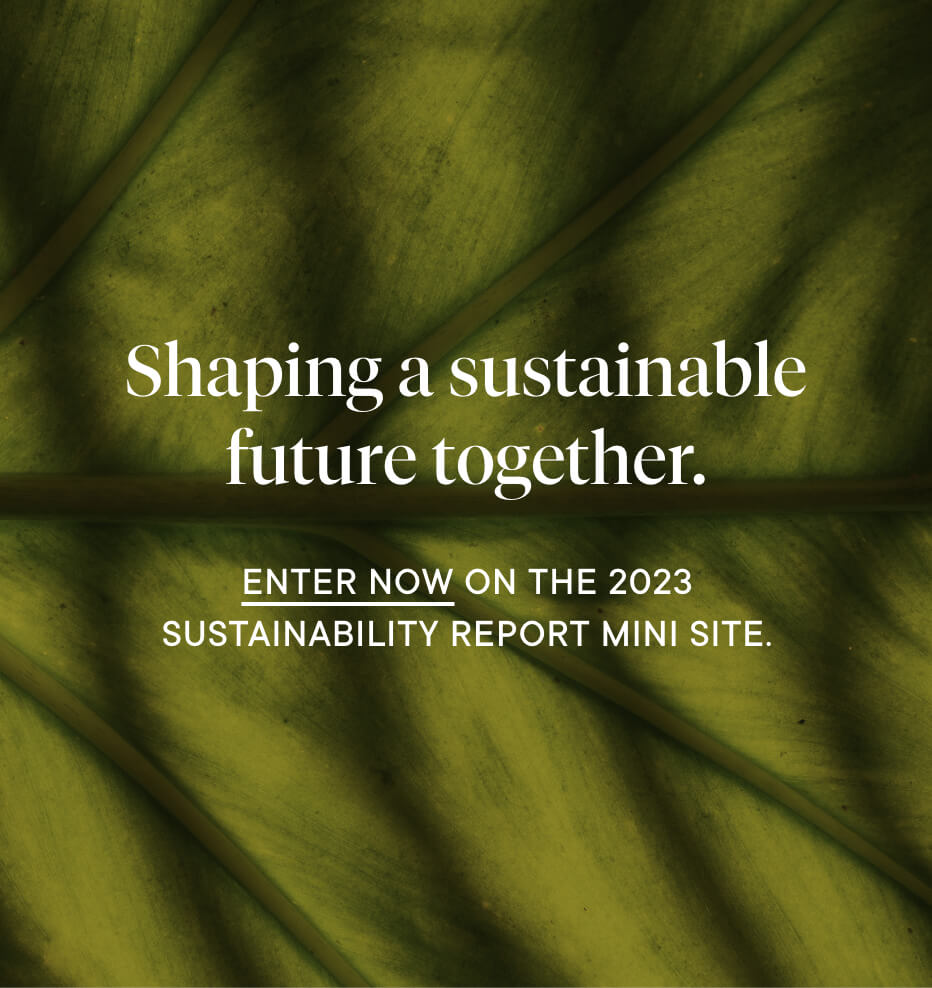DANI | RESEARCH AND DEVELOPMENT
We invest in research to make our industry more technological, competitive and sustainable.
With our research and innovation activities on products, processes and company organisation, we aim to reduce environmental impact, improve leather performance and develop synergies within the supply chain through collaborations with universities and research institutes.
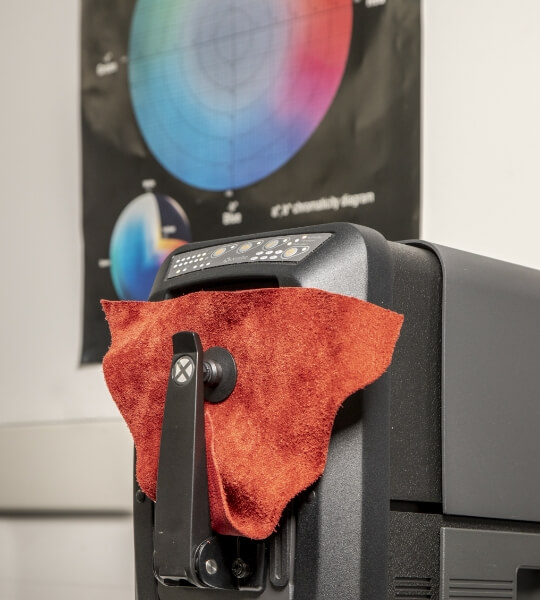

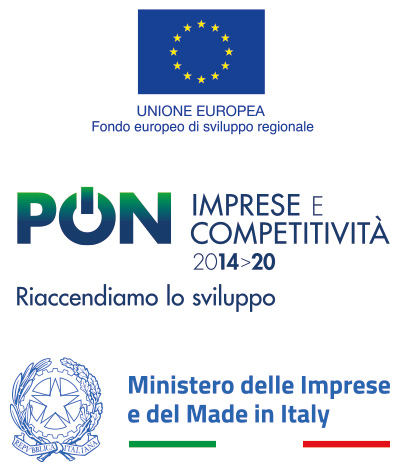
DANI S.P.A. has undertaken a new project that allows the company to develop and implement innovative solutions to improve the environmental sustainability of the tanning industry. The project was funded by the Ministry of Enterprises and Made in Italy through the concession of a direct grant for expenditure amounting to €1,822,680 and a soft loan amounting to €1,296,984.
The project is executed in collaboration with GER ELETTRONICA S.R.L. and is based on the target of reducing the environmental impact associated with leather processing by developing and implementing innovative solutions to address the problems associated with the traditional production process.
The main action in this regard lies in the development of a new liming and unhairing process, which potentially allows for the abandonment of both lime and sulphide, the reagents traditionally employed in this phase. The use of alternative reagents has several advantages in terms of environmental impact, but requires the introduction of several changes in the work process.
The new process, as conceived, would also allow for the recovery of a much larger proportion of hair and organic matter, limiting their presence in wastewater and generating a by-product which, suitably processed, can be employed in a variety of applications.
Of no less importance are the actions aimed at the elimination of metals traditionally used in the actual tanning phase (e.g. chrome) and the introduction of tanning agents of natural origin. The intention is not only to produce a metal-free product, as required by the regulations in force, but to make use of tanning agents of natural origin so as to free the tanning industry as far as possible from the use of synthetic substances or petroleum derivatives.
The result of the project consists ultimately the reduction of CO2eq per unit of product emitted over the life cycle of the tanned leather. This reduction must be accompanied by the maintenance of the quality characteristics of the finished product and the yield surface of the process. The calculation of the environmental impact associated with the production process is processed analytically by means of LCA (Life Cycle Assessment) tools and in collaboration with the Service Group R&D company
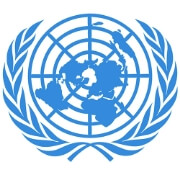
UN
We have zeroed our climate impact.
By purchasing our leather, you too become a protagonist of change. DANI’s challenge has always been to contribute to the greatest possible reduction of environmental impact. To compensate for the residual CO2 associated with the production of our leather, we have entered into a convention with the United Nations on Climate Change (UNFCCC), which allows us to make a contribution to the development of social and environmental projects in developing countries.
Find out more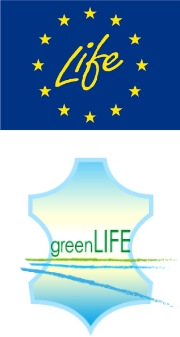
Green Leather Industry For the Environment (GreenLIFE)
DANI was the coordinator of the “GreenLIFE” project (June 2014 – May 2017) financed by the European Commission as part of the “LIFE” programme. The initiative involved five companies that are part of the Vicenza tannery supply chain, and it obtained some important technical results, among which: - 20% less water consumed during the liming phase; - industrialised oxidative liming processes; - a new tanning agent was developed from renewable sources and the tanning agent produced on a semi-industrial scale; - a tanning agent with a good azote and phosphorous content was produced from liming bath recycling and treatment; - a protein-based hydrolysed product was obtained starting from the hide keratin recycled from the liming phase; - a LCA (Life Cycle Assessment) study was carried out to estimate the environmental impact of purification and assess the benefits for the district coming from the introduction of the new technologies.
Find out more Download report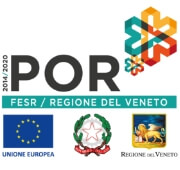
Pearl Project
This project intends to develop and validate an innovative technological method for fastening the leathers to the frames, by means of a system based on the use of automated mechanical solutions and artificial vision for positioning the leathers on the frame and for fixing them using innovative “magnetic pegs”.
Find out more
P.O.R.
DANI took part in the “Development of an innovative retanning product for leather, reusing alfalfa waste fibres” project. The research, which started in September 2017 and ended in October 2018, was coordinated by IKEM (a tannery chemical product supplier) and had the support of the Veneto Region during the Regional Operation Plan “FESR 2104-2020”. During the project an innovative and very environmentally compatible retanning product was perfected, which made it possible to obtain interesting results on a semi-industrial scale.
Find out more
Linkki
Linkki, a Finnish word that means “connection” is the “MES” (Manufacturing Execution System) implemented by Dani as from 2016. The acronym MES indicates a computerised system that manages the progress and control of company production. It is a technological-organisational innovation that helps company development, not only in terms of efficiency and effectiveness, but also because it clarifies and codes the company’s skills and knowledge. To design and implement Linkki, an “as-is” analysis of the production processes was first conducted, which were then modelled according to the ISA-95 standard. Subsequently, awareness-raising and training activities were carried out with all employees prior to the introduction of the new tool, gathering useful feedback from them for fine-tuning the system. Finally, Linkki was introduced in the production environment by using tablets as an interface for the production personnel. The introduction of Linkki has so far made it possible to: Create a standard operation language, so increasing the sense of belonging and the group spirit in the company. Making more granular data available in less time by optimising the management of production planning and scheduling processes by means of increased industrial cost control and reduced decision-making time. Reducing the use of paper material by introducing tablets while at the same time eliminating low value-added activities.

Sustainability techniques along the supply chain
Dani coordinated a training and organisational innovation project aimed at introducing methodologies and tools for more effective management of environmental aspects, adopting a supply chain perspective. The project, which was supported by the Veneto Region as part of the 'ERDF 2104-2020' Regional Operational Plan, involved another tannery (Laba), a chemical products company for the tanning sector (Corichem) and a shoe factory (AKU).
Find out more